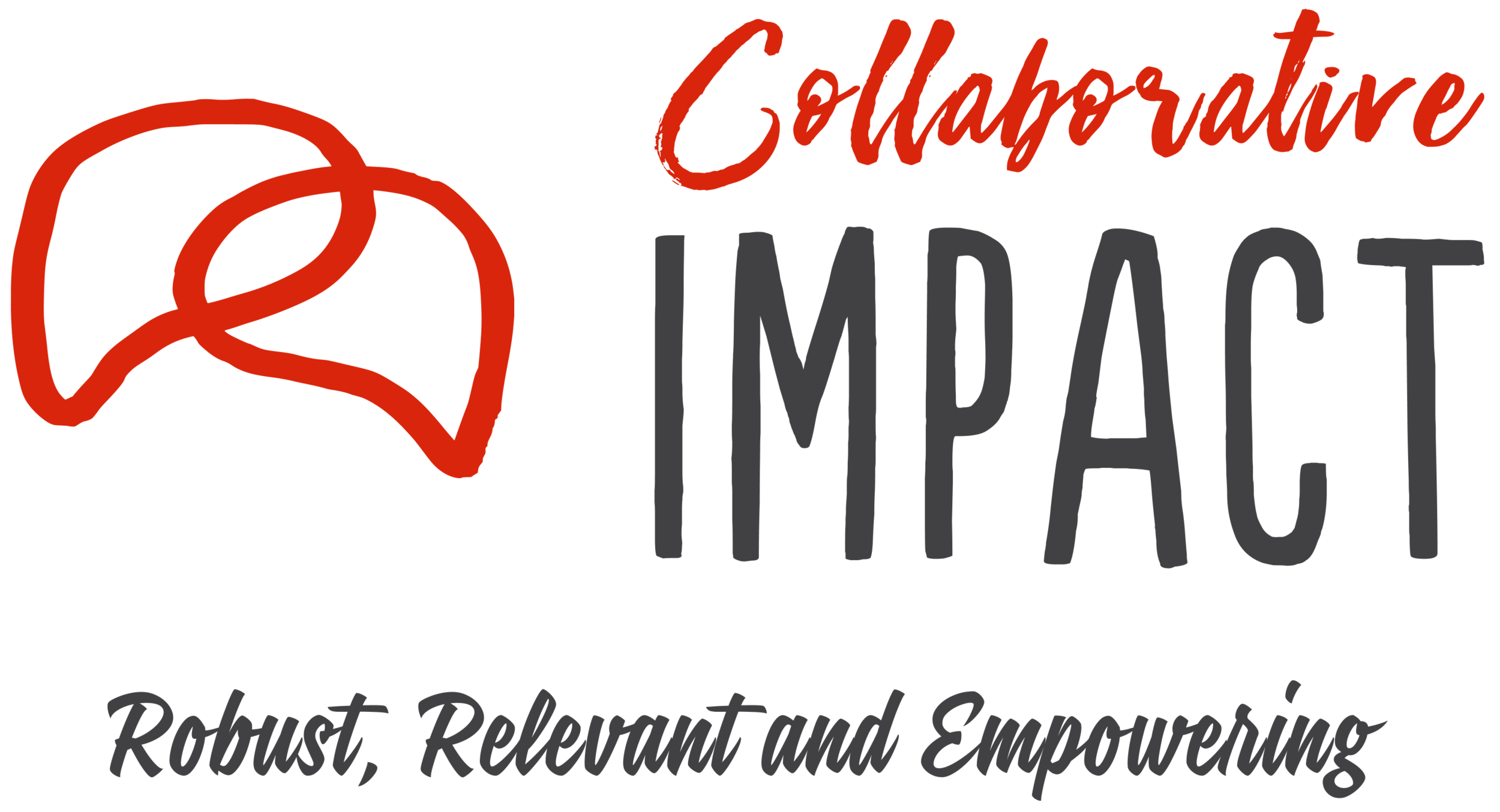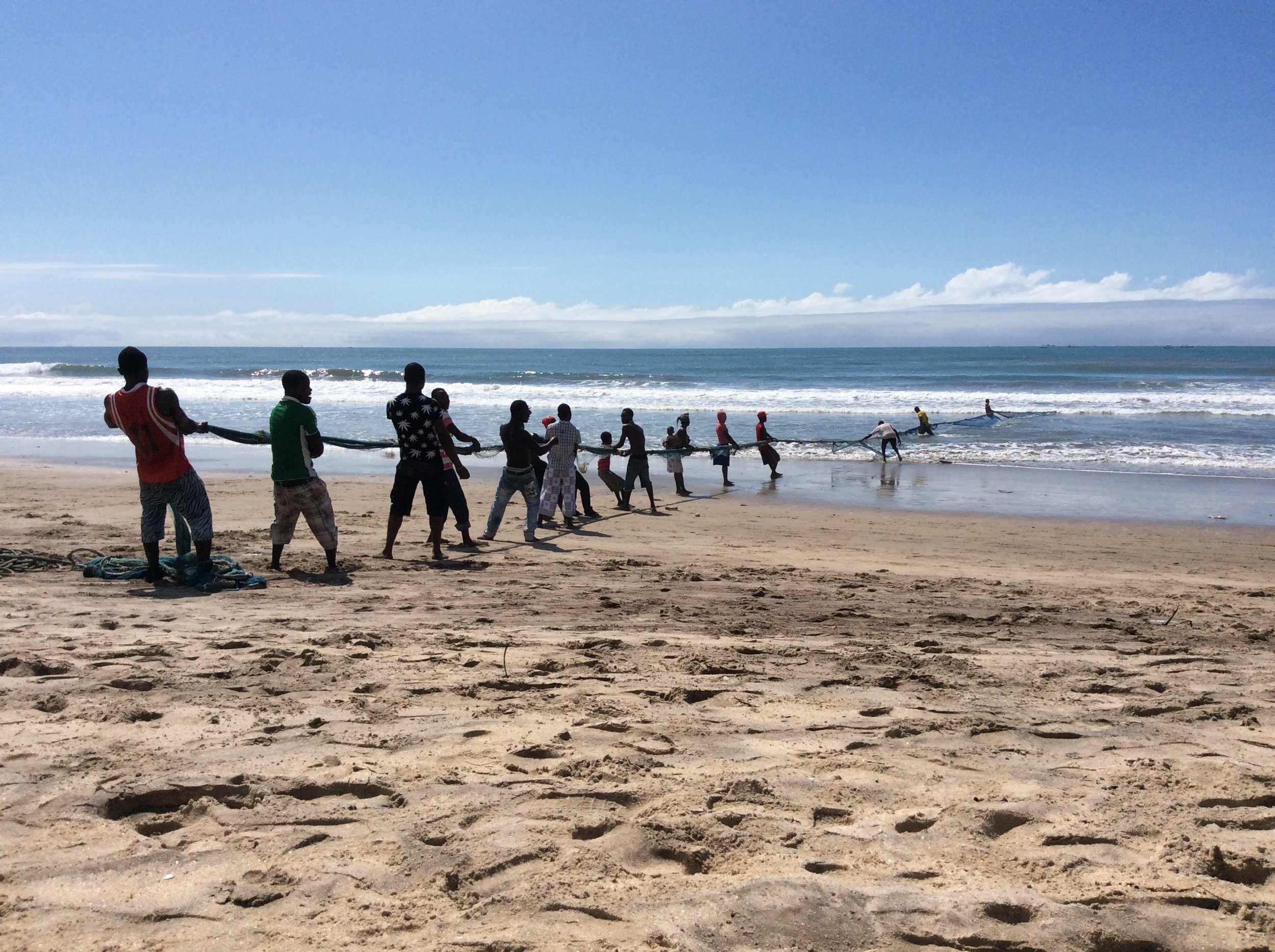DESIGN OF A FRAMEWORK FOR MEASURING COLLABORATIVE LEARNING NETWORKS
Piloting a Measurement & Learning Framework for Collaborative Learning Networks (CLNs) in Health and Immunization with Results for Development (R4D)
Client
Results for Development (R4D)
Period
2022 - 2023
Services
Innovation Capacity,
Partnership
Locations
Africa, Global
Areas
Universal Health & Immunisation,
Social Justice & Empowerment
From August 2022 to July 2023, Collaborative Impact worked with Results for Development (R4D) to develop a Measurement & Learning Framework for its Collaborative Learning Networks (CLNs). Funded by Hewlett Foundation, the initiative aimed to strengthen R4D’s innovation capacity to facilitate CLNs and demonstrate their effectiveness and added value.
A CLN organizes and convenes system change agents (e.g. government officials, sector experts, civil society actors, technical partners) from different countries or regions around a common or shared purpose in a way that allows them to collaboratively learn and co-create knowledge and tools to address shared challenges of common interest. Complementing the expert-driven Technical Assistance (TA) models, it involves collaborative action- or implementation-oriented research across countries and sectors, applying peer learning and working directly with relevant in-country institutions that can help develop the supportive ecosystems needed to bring about long-term system reform.
Since 2009, R4D’s portfolio of CLNs has expanded and diversified, experiencing heightened demand during the COVID-19 pandemic as country leaders sought insights from their counterparts in other countries on navigating the rapidly evolving pandemic landscape while sustaining routine services.
Most CLNs work on health and immunisation, e.g.: JLN for Universal Health Coverage; Linked Immunisation Action Network; Strategic Purchasing Africa Resource Center (SPARC). Few CLNs work on education and/or other social sectors, e.g.: PEERSS and SALEX.
The CLN Measurement & Learning Framework
The Measurement & Learning Framework was designed through consultations and design sessions with R4D staff and other key stakeholders, and subsequently piloted with two CLNs, namely: Linked and SPARC.
Its agreed objectives were to:
Create a learning environment. Provide a flexible utilisation-focused and strategic approach for measurement and learning (M&L) that is integrated with CLN management and facilitates open reflection and learning about what works well / less well across the CLN portfolio, focused on improvement.
Generate evidence for adaptive decision-making. Generate robust and credible evidence on individual CLN performance and contribution-to-impact that supports adaptive management and enables inclusive value judgment and decision-making, emphasizing network members’ voice and ownership.
Demonstrate added value. Generate persuasive and communicable contribution-to-impact stories and summaries based on evidence that demonstrates the added value of the ‘collaborative learning’ approach to global policy makers and funders and contributes to a global body of knowledge that promotes the approach far beyond R4D’s reach.
Key elements of the CLN Measurement & Learning Framework
Actor-centred Theory of System Change,
CL typology and maturity rubrics to help CLNs prioritise and plan the activities in accordance with their level of maturity,
Prioritised set of measurement & learning questions and activities
What makes it work?
Co-creation of a shared vision of success (overall and pilot-specific) as a North Star for the process
Adoption of a highly flexible and responsive PIALA-based approach focused on collaboratively making trade-offs to enhance value addition and feasibility
Multi-stage Participatory Sensemaking, moving back and forth between institutional and pilot levels to integrate experiences, build alignment and ownership, and co-create the way forward
Combining carefully crafted assignments with interactive sessions for all methodological work
Commitment of and championing by the sponsor team and CLN pilot leads
Use of complexity-aware methods that could demonstrate value in a relatively short window




